A slower news week. this week, in HE policy terms. Make the most of the quiet while it lasts…
Contract Cheating
Wonkhe have a petite summary of the OfS blog on essay mills: It refers to growing concern about the use of essay mills, highlights that the consequences for using essay writing services can be severe, and notes that legislation to ban essay mills has been brought in in the Republic of Ireland and Australia.
However, two guest bloggers for Wonkhe argue the ban that Lord Storey hopes to bring in won’t work and to neutralise contract cheating universities need to understand the aspects of their marketing that appeal to students. The researchers looked at 95 essay mill websites and reveal some common themes. The short blog is worth a read. A couple of excerpts.
We analysed the promotional rhetoric on 95 essay mill websites. Unsurprisingly, they all stressed the quality, price, and fast turnaround of their service. Beyond that, most of them reinforced the importance of students succeeding on their course.
But around half of them went further – promoting a distinctly hostile view of higher education. It was characterised as letting students down. Critical commentary mainly focussed on assessment processes, including assignment design. Five distinct propositions recurred in the text and images projected on these sites.
- One common framing is that assignment tasks are typically irrelevant to personal ambitions. Tasks were described as not simply “boring”: they were unrelated to the interests and passions that had originally made higher education attractive:
- Assignment tasks are also framed as a distraction from authentic learning. These tasks “take up invaluable study time and are often responsible for students getting behind”
- The mills also frame the demands of academic communication as unreasonable.
- They also like to suggest that tutors fail to support students’ assignment work. Assignment-setting tutors were characterised as disconnected from student experience, indifferent to their needs, imprecise in task specification, and often preoccupied with other matters
- they frequently suggest that the delegation (of assignments) is a rational and an adaptive practice. In the outside world it is noted that:
- The majority of successful people practice the delegating of huge and ineffective workloads to well-trained professionals”.
The article continues to discuss how universities can address the problem and highlights A&E style tutorial support during assignment periods. Read more here.
Parliamentary News: Bills
Skills and Post-16 Education Bill
Wonkhe: In the Lords, Jo Johnson has proposed an amendment to the Skills and Post-16 Education Bill. Under the former higher education minister’s plans, a note inserted after Clause 15 would make the Lifelong Learning Entitlement available to all regardless of prior qualification, subject of study, intensity of study, or student number restrictions – and forbid the Secretary of State to restrict access in future.
The Second Reading of the Higher Education (Freedom of Speech) Bill will take place on Monday 12 July.
Research
It’s all Quick News this week:
- Dods tell us: Drafts of the UK’s upcoming Innovation Strategy suggest it will be a 10-point plan focusing on seven key areas including quantum, advanced materials, life sciences, genomics, robotics and artificial intelligence. This is according to a Financial Times storyon Friday citing unnamed government sources, which said the strategy will outline plans for new science-focused schools and better access to private funding for tech-focused companies. The strategy will also suggest new pro-innovation policies, seek to cut red tape and confirm plans to increase annual state investment in R&D to £22 billion and set up the new Advanced Research and Invention Agency, according to the story. A government spokesperson said: We do not comment on individual leaks, but it is no secret that we intend for the UK to stand as a world-leading centre for the development of brilliant ideas, innovation in industry, and jobs for the future. The government says the strategy will set out the steps it will take to boost innovation in the UK, including investing more money than ever before in core research, having pledged to increase investment in core UK Research and Innovation and National Academies funded research by more than £1 billion by 2023 to 2024.
- The Commons Business, Energy, and Industrial Strategy Committee has releaseda report on the government’s industrial policy, while agreeing that there were problems with it.
- The report is critical of the Government’s scrapping of the independent Industry Strategy Council (ISC), which had been chaired by chief economist of the Bank of England, Andy Haldane. The report calls the axing of the ISC a ‘retrograde step’, removing valuable independent scrutiny, insight, and expertise.
- The report warns that the lack of industrial strategy and oversight risks widening the gap between Government and business at a time when delivering productivity improvements, economic growth and decarbonisation is urgent.
- While acknowledging that many businesses found the 2017 Industrial Strategy inaccessible and remote from their day-to-day concerns, the report expresses fears that scrapping the strategy risks leaving a ‘fragmented’ and piecemeal approach to solving sectoral problems and enhancing growth opportunities.
- Ensuring open access policy is as permissive as possible for researchers whilst also achieving public value and affordability, and taking account of the changing landscape in publishing agreements in the UK are all key considerations of the [Open Access Policy] review. The outcomes of the review are due to be published this summer… For peer-reviewed research articles the proposed policy start date will be 1 April 2022, while the policy for monographs is proposed to start from 1 January 2024. UKRI will work closely with stakeholders in the lead up to the policy start dates to ensure any questions or issues are addressed.
- UK Research and Innovation has announceda new funding model for universities to help increase the impact of their research.
- The new Impact Acceleration Account (IAA) model represents the start of a range of efforts to improve the effectiveness and influence of funding processes.
- The IAA will offer a UKRI-wide model with a single application and centralised reporting and monitoring that aims to improve strategic planning.
- The IAA model will incorporate funding through the following UKRI councils:
- AHRC
- Biotechnology and Biological Sciences Research Council (BBSRC)
- Engineering and Physical Sciences Research Council (EPSRC)
- Economic and Social Research Council (ESRC)
- Medical Research Council (MRC)
- Science and Technology Facilities Council (STFC).
- The opportunity for applications opens on 6 July and will run for three months until 6 October. Following assessment and evaluation, the first of the new harmonised funding awards will then be made from April 2022.
Access & Participation
Care Leavers
The National Network for the Education of Care Leavers launched their new Quality Mark for the inclusion and success of care experienced students awarding it to the 17 institutions who completed the award during the pilot and trail phases. The award has been in production and testing since 2019 and the UPP Foundation funded the initial developmental pilot. Patricia Ambrose, NNECL Director, commented: Our new Quality Mark enables universities and colleges to demonstrate the effectiveness of their support for care experienced students from pre-application through to graduation and beyond. Building on the excellent legacy of previous work by Buttle UK, the NNECL Quality Mark covers all aspects of the student lifecycle and has been informed by recent research findings and feedback from care experienced students on the types of support they value.
Universities Minister Michelle Donelan has mentioned care leavers in many speeches and letters. She said: Improving the opportunities available to care leavers as they gain independence and enter adulthood, is a top priority of this government. This new Quality Mark will help ensure students with experience of being in care have the support they deserve, and the information they need to choose the universities or colleges that work best for them. I warmly welcome this evidence-based approach, and encourage all institutions to join this sector-wide effort to provide targeted support for these students, at every stage of their education.
Black Lives Matters and the student voice
A report from Advance HE examines a sample of statements and actions undertaken by UK universities in response to Black Lives Matter (BLM) protests that occurred in the UK and around the world from May 2020.
The report aims to ensure that momentum gathered during the summer of 2020 is not lost and that universities are “encouraged to evaluate their response to BLM and explore the need for further work in terms of anti-racist initiatives and their applicability to other types of intersectional injustice.”
This report does not answer criticisms about how universities responded to BLM nor does it evaluate which universities did what. Rather, it functions as an accessible introduction to how staff working in HE, whether as senior leaders or specifically as EDI practitioners, might ‘build on’ initiatives associated with BLM to advance structural change within their university. The examples identified are not intended as a comprehensive nor representative cut of the HE sector but as an illustrative launchpad for future work. The showcasing of particular initiatives is intended to highlight tactics, wedge points and themes that might inform the design and execution of future actions to address injustice in the sector more widely
It looks at 7 themes:
- Culture and history
- Listening and wellbeing
- Training
- Research funding, scholarships and internships
- Tackling the awarding gap
- Diversity and data
- Race Equality Charter.
Employment Prospects: Second-general ethnic minority graduates: The Institute for Fiscal Studies has published a report on the educational and labour market outcomes of second-generation ethnic minorities in the UK. It finds:
- The UK’s second-generation minority ethnic groups are performing well in education, especially in terms of attainment of degree-level education. This is striking because those from ethnic minority groups born or brought up in the UK are much more likely than those from white UK backgrounds to have been disadvantaged in childhood; and we know that childhood disadvantage is in general strongly associated with poorer educational outcomes.
- Employment disadvantage of minority ethnic groups still, however, persists.Men and women from most ethnic minority groups have lower employment rates among those economically active than their white majority counterparts. This disadvantage is reduced but not eliminated when we account for disadvantaged family origins.
- For those in work, education does offer a route to attaining a higher social class for some minority groups.Indian and Bangladeshi men and Indian and Caribbean women achieve considerably greater levels of occupational success than their disadvantaged family origins might suggest. But this is not the case for Pakistani and Bangladeshi women, despite the fact that they are successful in education
The Telegraph covers the report.
Parliamentary Questions:
Mental Health
The Department for Education has published the results of a study examining the differences in mental health among students and non-students.
The aim of our research project was to improve our understanding of common mental health problems in young people who attend higher education, compared with those who do not. We investigated:
- whether there were differences in symptoms of common mental disorder between these groups;
- how these differences changed over time and what might drive them; and
- whether the mental health of higher education students compared with the general population has changed during the past decade.
We conducted analyses of two large nationally representative cohort studies: the Longitudinal Studies of Young People In England (LSYPE).
Jim Dickinson digs into the detail over on Wonk Corner.
The Department for Education has published a report “Student mental health and wellbeing Insights from higher education providers and sector experts”
Conclusions:
- HE providers offer a wide range of services and are looking to further develop their services to support their students with their mental health and wellbeing needs and to promote positive mental health and wellbeing. These cover the spectrum from wellbeing initiatives through early intervention activities to targeted support for those with very specific support needs. …..it is clear that many providers view their services in a holistic or fluid manner, with considerable overlap between services to support wellbeing and those to support mental health needs.
- For many, their work is backed by a clear strategy or policies which have evolved and will continue to evolve over time to address changing environments and emerging challenges. …. However more providers could develop strategies to guide and consolidate their work, following the lead of their peers. The new Mental Health Charter will help providers with this.
- Providers collect data to try to understand the extent of the demand for support with mental health across their student population drawing on admin data, self-disclosure and in some cases clinical measures. Providers appear to struggle with assessing their students’ wellbeing needs but some use or are planning to introduce student surveys (either bespoke or utilising standardised measures of wellbeing). ….. However, independent external evaluation is rare, and there is a lack of understanding about the real effectiveness of wellbeing support. ….there is a desire to do more to improve evidence and understanding around the influence of HE on students’ mental health and wellbeing, potential mismatches in expectations for and experiences of support, those most at risk and least likely to seek support, and the prevalence and nature of mental health disorders and poor mental wellbeing in the student population.
- Finally, the research highlights how definitions, language and terminology are still evolving and are sensitive and value-laden which can create challenges for understanding and describing what is happening in the sector and in developing any monitoring. The sector will need to work together – gathering perspectives of mental health experts, providers, and students – to agree a set of terms that will ensure a common understanding.
Sexual Harassment and Wellbeing
We’ve written about the OfS Statement of Expectations before. Clearly all the pressure around “Everyone’s Invited” has made the Minister feel that she needs to be doing something, so a letter arrived on Friday afternoon. It’s a combination of reminder and exhortation:
“I wanted to take the opportunity to state how seriously the Government takes this issue, following the recent letter to providers on this subject from the Office for Students (OfS), and meetings I have held with the founder of ‘Everyone’s Invited’ and Universities UK (UUK)”.
There is a threat of further legislation and action on the use of non-disclosure agreements and a reminder that the government considers the OfS document to be a “minimum”.
International
One of the most frequently challenged policies recently has been the Government’s unwavering policy not to permit international students to quarantine in their halls of residence. Instead they are required to pay for hotel quarantine (£1,750 – payment can be spread for those with demonstrated financial need) and there is no guarantee of the level of face to face learning they will received. Wonkhe report on comments by Sanam Arora, from the National Indian Students Union UK, who says that up to 55,000 Indian students are hoping to arrive – but – uncertainty means many are considering their options…Everyone is deferring their decision till the very last minute… £1,750 on top of fees is quite a significant cost for them. A lot are still in that confused state of should we come, should we not come?
Below we included a parliamentary question on the hotel quarantine highlighting that the Government has not undertaken any special liaison with universities to ensure sufficient hotel quarantine places are available for the peak autumn influx. Instead the Government recommended that international arrivals booked their quarantine place ahead of time to secure a spot.
This week the Scottish Government has approved a trial for incoming international students to quarantine in their on-campus accommodation. The trial will need to demonstrate that the on campus quarantine will meet the stringent safety measures enforced at quarantine hotels. Wonkhe report: It’s not straightforward – some universities would be unable to meet the requirements necessary and there’s nothing similar on the cards for English universities – yet. UUKi’s Vivienne Stern welcomed the news but told the i news: “I think there are going to be questions about how the DHSC in the end feels about travel distance from port of entry to point of quarantine. So it’s not resolved, there’s no discussion of a pilot, it’s simply that we’re in that information sharing phase.” So Scotland’s on campus quarantine isn’t certain yet and the Government maintain that international students entering English universities will use the hotel quarantine system.
Immigration Minister, Kevin Foster, has announced flexibility for visa arrangements to account for the continued uncertainty over the autumn term teaching model. International students are not required to enter the UK until 6 April 2022 to retain their visa.
This concession will extend to cover the first two semesters of the 2021-2022 academic year, until 6 April 2022. This date is encouraged to be seen as a deadline, not a target, and will help avoid a surge in travel and the associated resources needed to comply with quarantining measures, and help manage the arrival of students….An extension to these concessions helps in protecting international students from being further disadvantaged due to circumstances outside their control and allows a greater element of flexibility to start and continue their studies safely.
Research Professional also have a write up on the visa flexibility and cover other topics such as international students perception of online learning.
Graduate Work Visa: The two-year graduate visa route officially opened on Thursday, meaning graduate can stay for an additional two years without an employer sponsor or minimum salary. There are no limits on the number of graduates able to access this new immigration channel. The specifics are here. And in the face of continued Covid travel restrictions (and the online learning start to the year) the Government has confirmed that student who commenced courses in 2020 that wish to qualify for the visa must enter the UK by 27 September 2021. As mentioned above international students commencing the 2021/22 academic year online will need to enter the UK by 6 April 2022.
Research Professional have a short write up on the graduate visa in their usual entertaining style:
- the two-year graduate visa that was hard won, in the face of Home Office opposition, by a parliamentary amendment jointly sponsored by former universities minister Jo Johnson and Labour’s Paul Blomfield. It has been on the cards for some time, after the government was shamed into it during the last parliament.
- As the Home Office put it, “international graduates must have completed an eligible course at a UK higher education provider, with a track record of compliance with the government’s immigration requirements, to apply to the graduate route”. That would be almost everyone.
- The Home Office says: “Graduates on the route can work flexibly, switch jobs and develop their career as required.”
- While universities will be celebrating a significant victory at a time when wins are hard to come by with this government, the truth is that the UK is facing a major skills shortage because of both a squeeze on immigration and the effects of Covid.
Careers & Placements
Here are some of this week’s blogs and publications
- Careers: Wonkhe – Nearly half of students feel unprepared for employment following the pandemic according to a survey of 7,000 students and graduates by Prospects. Almost all the respondents said that they faced barriers to employment, often due to a lack of work experience over the last year, with a lack of opportunities and skills also cited. Many graduates surveyed said that they’re considering changing career paths following the pandemic, some because they’ve been inspired by those involved in the pandemic response and others because they see an industry they wanted to work in struggling.
- Careers: Wonkhe describe – The House of Commons Library has published a research briefing on careers guidance in schools, colleges and universities in England. The briefing covers the legal requirements to offer careers advice, the quality of the advice, and the outside organisations working to provide it.
- Careers: Wonkhe have a blog – The global growth of start-ups means university careers services need to pivot, says Louise Nicol.
- Placements: Wonkhe blog – If businesses don’t offer work experience to students, they can’t expect their new recruits to have it, says Charlie Ball.
- Placements: Research Professional reports that a survey of more than 3,000 university and sixth-form students suggests that less than a fifth of students have undertaken work experience in the past 12 months.
Digital Curriculum
Various media discussed digital content in the curriculum this week. Below are a selection of the blogs.
Wonkhe’s blogs:
THE blogs:
Higher Technical Qualifications – publications
The Education and Skills Funding Agency published information and guidance on reforms to higher technical education, and the Institute for Apprenticeships and Technical Education unveiled a new quality mark to accompany the Higher Technical Qualifications. The DfE published the Government’s response to the higher technical education consultation and details on their higher technical education reforms.
PQs
- Universities are eligible for the Higher Technical Education Provider Growth Fund – as long as they meet the criteria.
- Prevent – feedback from providers
- Government pleased will the response and volume of applications to the Turing Scheme so far,
- Study Abroad Programmes 2021-22
- Students isolating but at the end of their accommodation tenancy agreement can move back home if there is no other choice – under The Health Protection (Coronavirus, Restrictions) (Self-Isolation) (England) if someone is legally obliged to move, they are allowed to do so even if isolating.
Inquiries and Consultations
Click here to view the updated inquiries and consultation tracker. Email us on policy@bournemouth.ac.uk if you’d like to contribute to any of the current consultations.
Other news
Finance: HESA published the HE Provider Finance Data. Research Professional pick out the elements they find interesting from the data for the unusual end to the financial year as the UK entered the Covid lockdown. You can read their analysis here. The very short version is: …the Hesa data for 2019-20 suggest that the bank balances of most universities were healthy enough, with decent surpluses reported from the Russell Group through to specialist institutions. Perhaps this does not reflect a hit taken in the final quarter of the financial year at a time when the final outcome for the 12-month period had been mostly set. We look forward to next year’s data as a clearer indication of how the pandemic has affected universities.
Exam feedback: Wonkhe – Should students get individual feedback on exams? Andy Grayson thinks so, and he has ways of delivering it that aren’t onerous.
Student Support: Wonkhe – Post the pandemic, Ellen Buck argues that being more cognisant of the support that students need to transition between spaces, experiences and identities should be core.
Subscribe!
To subscribe to the weekly policy update simply email policy@bournemouth.ac.uk. A BU email address is required to subscribe.
External readers: Thank you to our external readers who enjoy our policy updates. Not all our content is accessible to external readers, but you can continue to read our updates which omit the restricted content on the policy pages of the BU Research Blog – here’s the link.
Did you know? You can catch up on previous versions of the policy update on BU’s intranet pages here. Some links require access to a BU account- BU staff not able to click through to an external link should contact eresourceshelp@bournemouth.ac.uk for further assistance.
JANE FORSTER | SARAH CARTER
VC’s Policy Advisor Policy & Public Affairs Officer
Follow: @PolicyBU on Twitter | policy@bournemouth.ac.uk

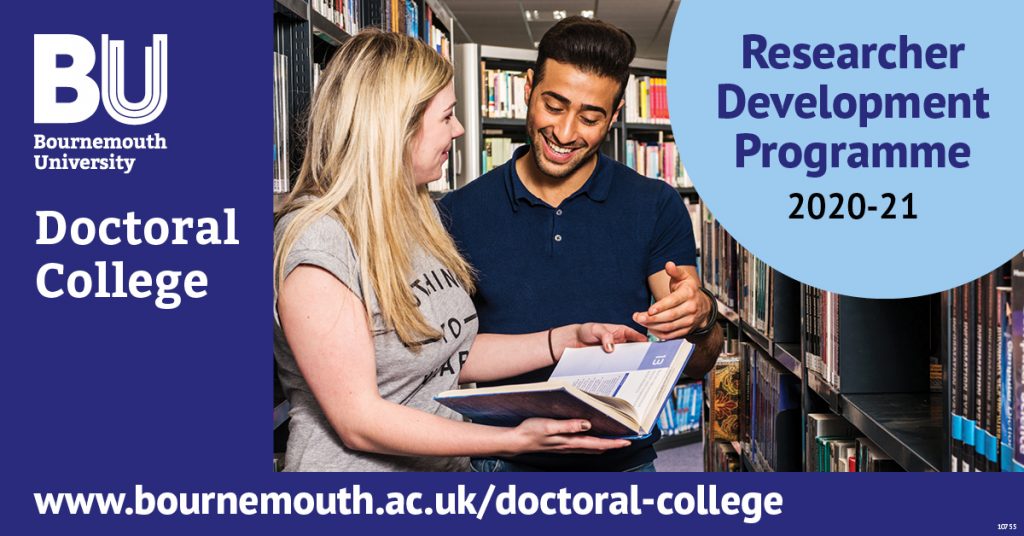

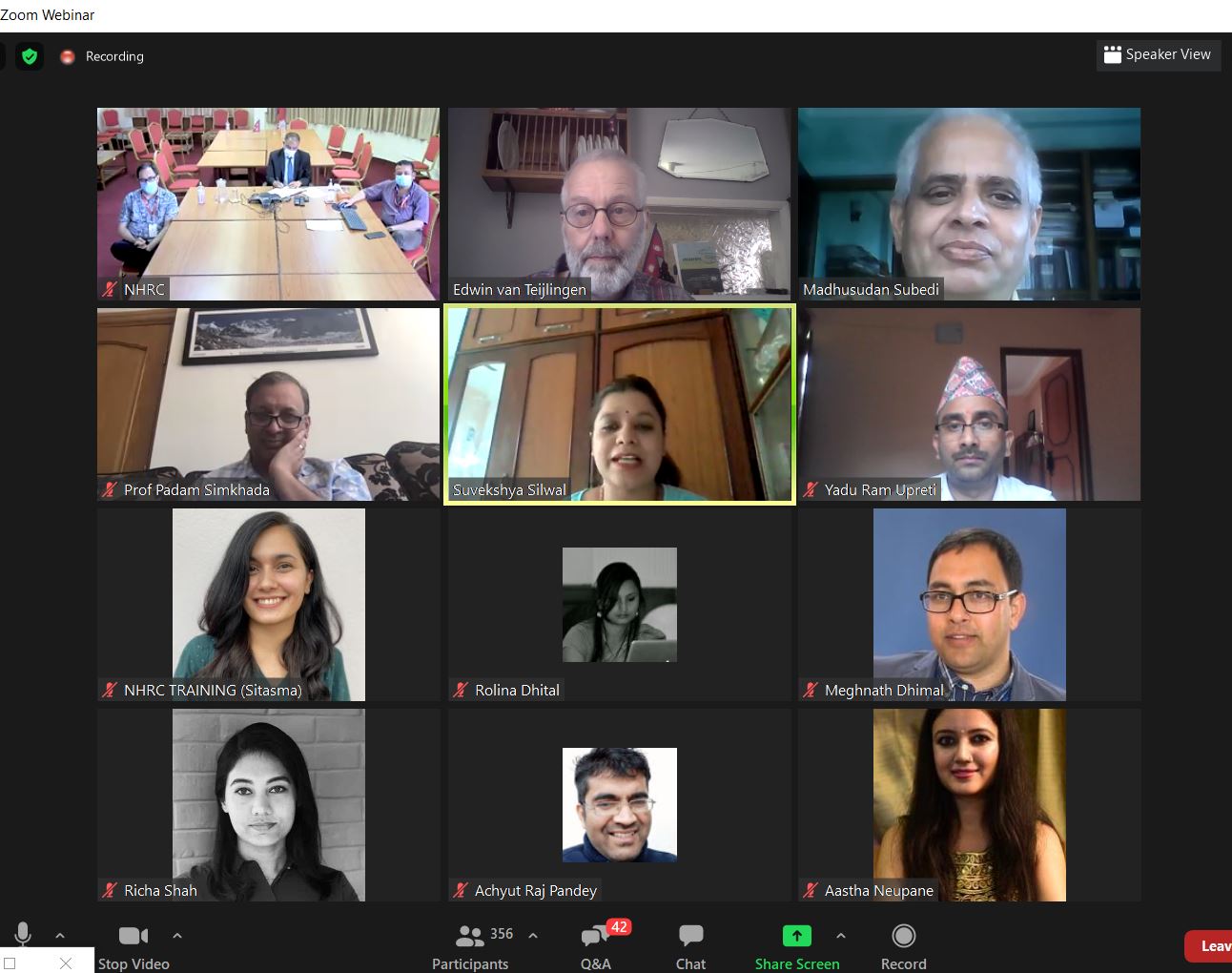





 Every BU academic has a
Every BU academic has a  By clicking on this box, on the left of the Research Blog home page just under the text ‘Funding Opportunities‘, you access a
By clicking on this box, on the left of the Research Blog home page just under the text ‘Funding Opportunities‘, you access a 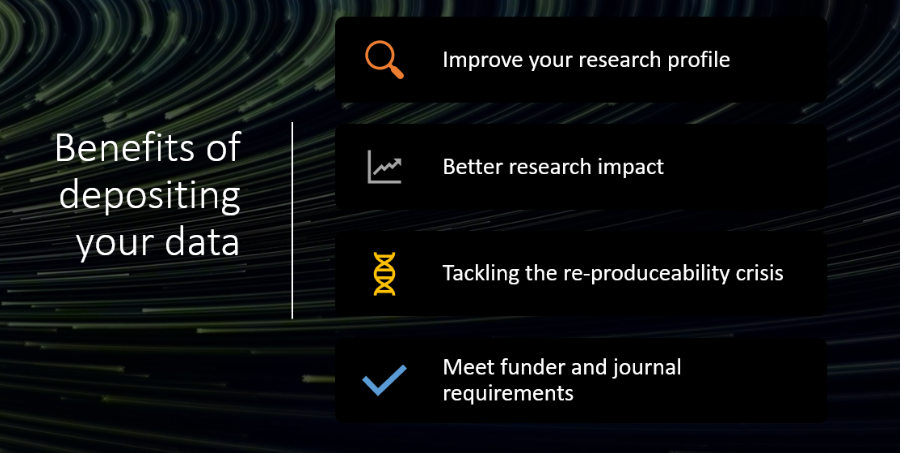
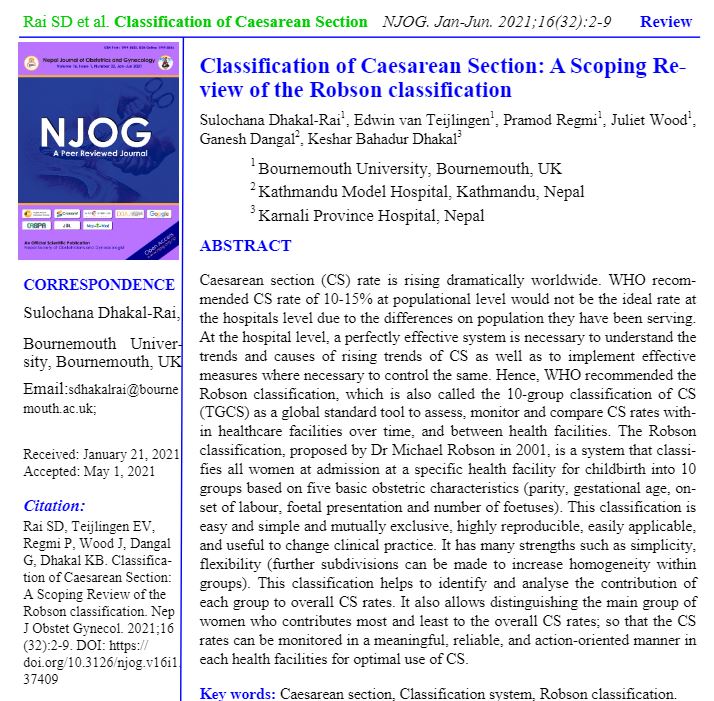



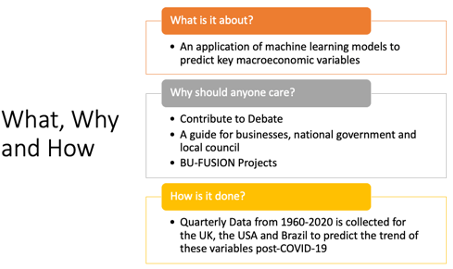

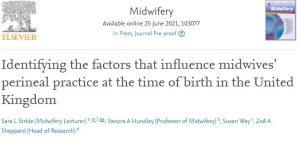



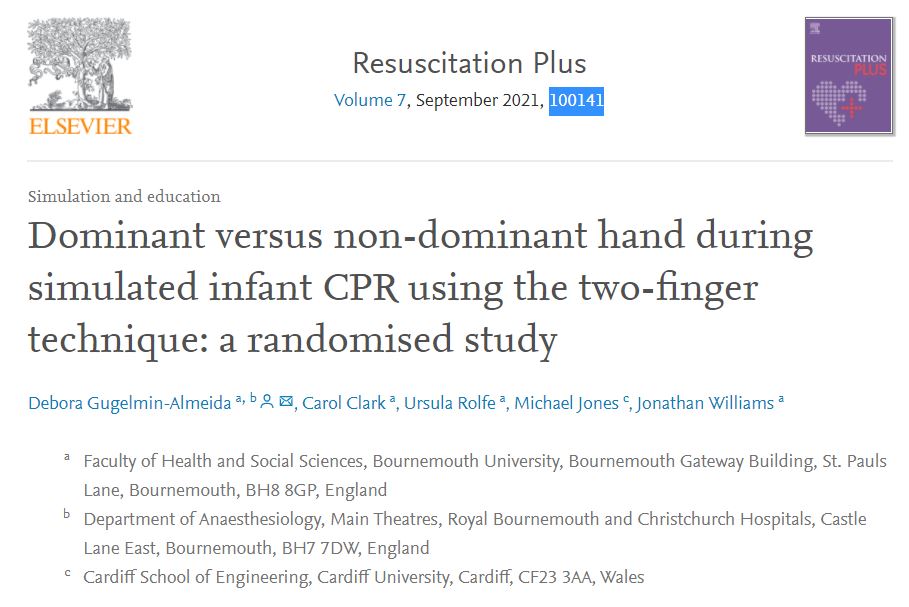











 Fourth INRC Symposium: From Clinical Applications to Neuro-Inspired Computation
Fourth INRC Symposium: From Clinical Applications to Neuro-Inspired Computation Writing policy briefs
Writing policy briefs Upholding Excellence: The Concordat to Support Research Integrity
Upholding Excellence: The Concordat to Support Research Integrity Today’s Documentation Will Serve Tomorrow’s Justice
Today’s Documentation Will Serve Tomorrow’s Justice ECR Funding Open Call: Research Culture & Community Grant – Application Deadline Friday 12 December
ECR Funding Open Call: Research Culture & Community Grant – Application Deadline Friday 12 December MSCA Postdoctoral Fellowships 2025 Call
MSCA Postdoctoral Fellowships 2025 Call ERC Advanced Grant 2025 Webinar
ERC Advanced Grant 2025 Webinar Horizon Europe Work Programme 2025 Published
Horizon Europe Work Programme 2025 Published Horizon Europe 2025 Work Programme pre-Published
Horizon Europe 2025 Work Programme pre-Published Update on UKRO services
Update on UKRO services European research project exploring use of ‘virtual twins’ to better manage metabolic associated fatty liver disease
European research project exploring use of ‘virtual twins’ to better manage metabolic associated fatty liver disease